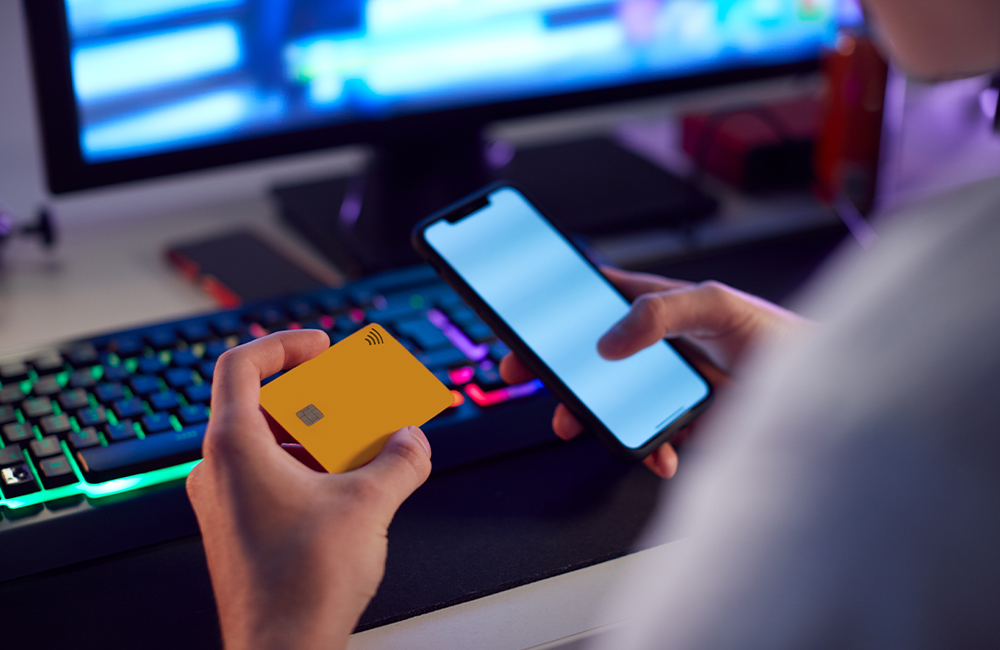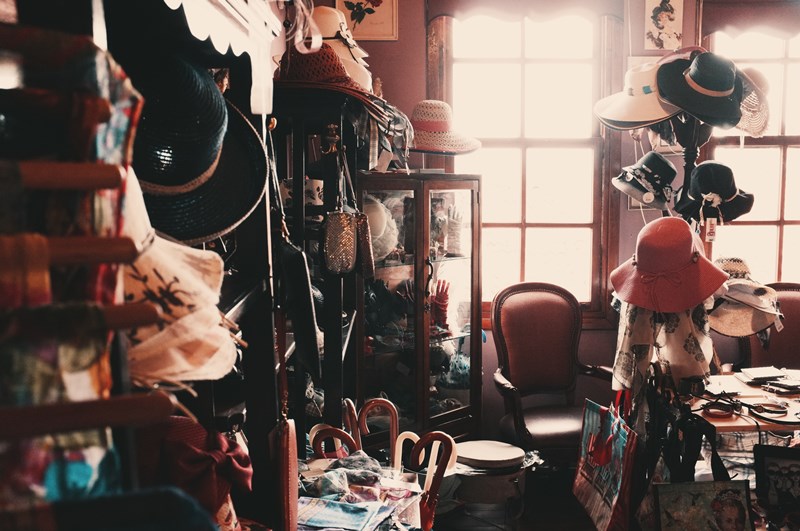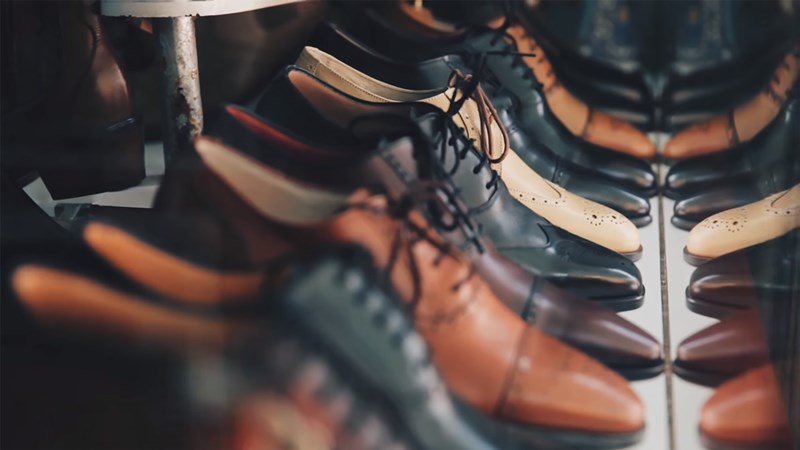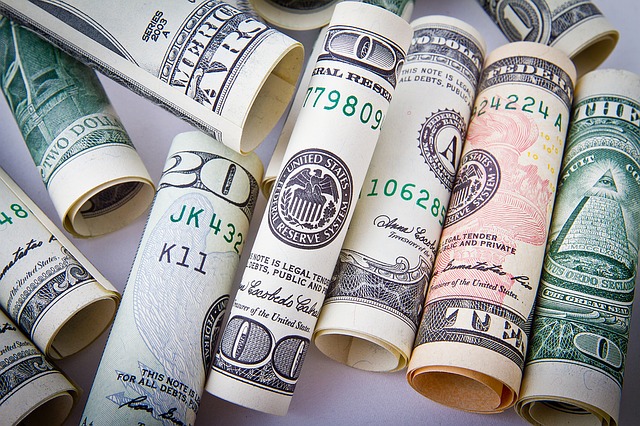Remember, the holiday season is less about what you buy from others and more about appreciating their company and presence in your life. Nothing you can purchase will replace the time you spend with your loved ones.
By DeAnna Jordan

It’s that time of year again! Thanksgiving, Christmas, and New Year’s Eve are right around the corner.
Addicts and alcoholics tend to engage in cross-addictions, which manifest themselves in myriad ways from nicotine addiction to gambling addiction to shopping addiction.
November and December are brimming with infectious sales catered to consumers on every platform imaginable. You turn on the TV to find a string of holiday sales from Pier 1 Imports, Target, and Dell. You pull up Facebook and encounter sponsored posts in your timeline selling discounted apparel and tech accessories.
The pressure to succumb to your shopping addiction and spend money you don’t have increases exponentially during the holidays. Despite what the TV, the collection of emails in your inbox, and social media platforms tell you, you do not need to participate in every holiday sale this year just because “it only happens once a year!”
Although you may be feeling impulsive tendencies during these next few months, I am pleased to tell you that there are ways you can manage your shopping addiction this holiday season.

Do You Have a Shopping Addiction?
Confessions of a Shopaholic is the most notable Hollywood portrayal of a shopping addiction. Although the producers injected excess drama and comedy throughout the movie for increased audience engagement, the movie outlines the impulsivity and unmanageability of a shopping addiction.
How do you know you have a shopping addiction before it is too late?
- Answer yes or no to the questions below:
- Do you shop when you’re feeling angry or disappointed?
- Has overspending created problems in your life?
- Do you have conflicts with loved ones about your need to shop?
- While shopping, do you have feelings of euphoria or anxiety?
- After shopping, do you feel like you’ve just finished doing something wild or dangerous?
- After shopping, do you feel guilty or embarrassed about what you’ve done?
- Do you buy things that you never end up using or wearing?
- Do you think about money almost all of the time?
- If you answered yes to two or more of these questions, then you might have a shopping addiction
Just as with a drug addiction or an alcohol addiction, this doesn’t mean that you are a bad person or that you are defected, only that your addiction has manifested itself into another area of your life: shopping.
There are six different types of shopping addictions or shopping personalities that can help you to understand in which way your shopping addiction manifests itself.

The Six Types of Shopping Addicts
When an addict or alcoholic first admits powerlessness over drugs and alcohol, there is a period of time during which they attempt to make sense of the nonsense in their minds. At New Method Wellness, we suggest that our clients point out the similarities they find with other addict’s experiences to build quality connections.
When observing the different types of shopping addictions below, identify with which type of shopping addiction you relate. It can be a solitary profile or a combination of the profiles.
- The Compulsive Shopper: The compulsive shopper runs on emotion. He or she shops for the euphoric high when angry, distressed, sad, or any other dominant emotion.
- The Trophy Shopper: The trophy shopper will shop and shop until they find the perfect item, constantly one-upping themselves but never feeling content.
- The Image Shopper: The image shopper is preoccupied with how everything they purchase looks to everyone around them. They love flashy and obvious purchases.
- The Bargain Seeker: The bargain seekers cannot pass up a sale. They are mesmerized by discounts and find themselves purchasing items they don’t need just because they’re on sale.
- The Bulimic Shopper: The bulimic shopper is stuck in a vicious cycle of purchase and return. They buy items they don’t need, return them shortly later, and then purchase more items only to return them later.
- The Collector: The collector does not feel fully whole unless they have one item in each color or every part of a set of items.
The holiday season can cause an emergence of any of these shopping profiles, but the most dominant profiles during high-stress times are the compulsive shopper and the bargain seeker.
Regardless of your shopping profile, there are resources to assist you in managing your compulsions this holiday.

Managing Your Shopping Addiction
The following tips are tried-and-true tactics for managing a shopping addiction. Although there is not a designated anonymous program for shopaholics, these management strategies are founded in the 12-step solution outline.
Therapy
Outside help is always a good idea. Whether you feel OK or you feel yourself on the brink of a breakdown, therapy provides the patient with an opportunity to discuss the ups and downs of life with another individual who can provide actionable solutions.
Remember You Are Powerless Over Holiday Marketing
The holidays are a prime time for marketers. Every sappy commercial, hilarious punch line, and discount sale is created to manipulate the consumer into purchasing a product or service. You are powerless over this time of year. You are powerless over holiday marketing. If you find it necessary to use this as a mantra, I suggest you use it.
Only Carry Cash or Debit
When you use cash or debit to make purchases, you ensure that you are spending within your means. If your credit card balance is $5,000, that does not necessarily mean that you have $5,000 to spend as you wish, without consequences. You eventually have to pay that money back, or you will have to face a debt collector.
Window Shop After Hours
If you have a difficult time leaving a store without a few bags of purchased items, give your bank account a break by window shopping after hours. This will allow you to browse without impulsive buying. Make note of what you would like to buy in your mind. If you forget about the item, then did you really want it in the first place?
Shop with a Buddy
Companionship is important in recovery. Why wouldn’t it be with a shopping addiction? When you have to shop for Christmas presents this year, make sure to bring a friend with you. Ask them to keep you accountable or have them hold your wallet until you find something you want to buy.
You Can Make It Through This Season
There is no doubt in my mind that if you follow these suggestions this holiday season you will make it through without maxing any credit cards or adding more products to your junk closet.
Remember, the holiday season is less about what you buy others and more about appreciating their company and presence in your life. Nothing you can purchase will replace the time you spend with your loved ones.
DeAnna Jordan, clinical director at New Method Wellness, has more than 20 years of experience helping individuals, ranging from celebrities to CEOs and everything in between, in their recovery and building of healthy relationships. As a result of her expertise, she has been featured on Dr. Phil, Jane Valdez-Mitchell, and National Geographic’s Taboo and has been published in Elle magazine as well as the Huffington Post.



No responses yet